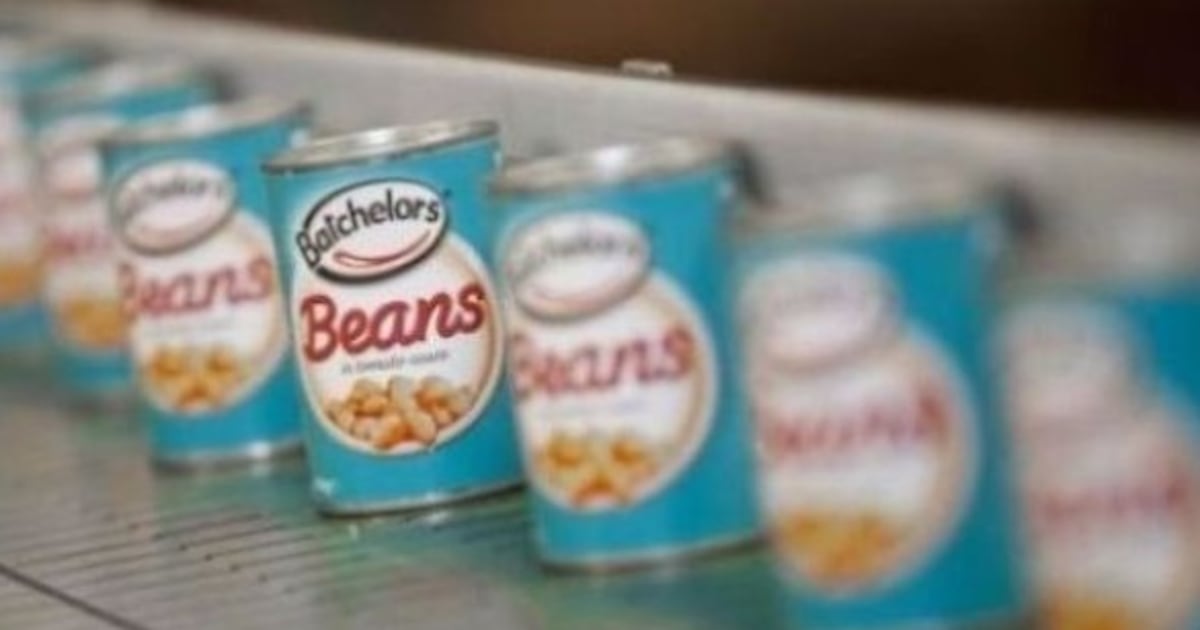Bain Capital, the private equity firm cofounded by former US presidential hopeful Mitt Romney, has so far avoided dipping its hands into the biscuit jar at Valeo Foods, owner of brands from Jacob’s biscuits to Fox’s sweets.
In its four years of ownership of the Dublin-based group, Bain has eschewed taking dividends from the business of about 80 food brands in favour of reinvesting in growth and acquisitions – continuing Valeo’s almost quarter-of-a-century history as a roll-up machine.
They include the purchases of two Canadian maple syrup producers, a number of Italian panettone and pandoro makers, and Slovakian wafers and biscuits group IDC Holding.
While group net sales have grown from €1.1 billion to more than €2 billion over the period, the €1.8 billion of debt of a key group holding company equates to 11 times operating earnings, according to Fitch, the debt ratings firm. That is very high by any standards.
Fitch highlighted in a recent note that Valeo’s gross leverage ratio is expected to drop to about eight times earnings in the current financial year. But that is an elevated ratio. No wonder it put Valeo’s creditworthiness at B-, which is six levels deep into what’s considered junk status.
It isn’t surprising, therefore, to see reports recently that Bain has hired investment bank Houlihan Lokey to explore potential asset sales. Valeo Foods Ireland, which includes brands from Jacob’s and Batchelors to Odlums flour and Roma pasta, appears to be the targeted disposal.
There’s probably less of an emotional attachment to the Irish brands since Seamus Kearney, for long the driving force behind Valeo, stepped down two years ago, replaced by Dutch food industry executive Ronald Kers.
Kearney was hired by entrepreneur Michael Carey in 2006 to help run what was then Jacob Fruitfield. Valeo was formed as Origin Enterprises merged its Odlums, Shamrock and Roma brands with Batchelors in 2010 in a deal backed by UK private equity firm CapVest. Valeo carried out its first deal outside Ireland in 2014, buying UK honey brand Rowse.
The Irish unit now only accounts for about a fifth of group sales. It will probably appeal to another private equity firm. However, a new owner may struggle to continue the brands roll-up tradition. Is an ultimate break-up more likely?

